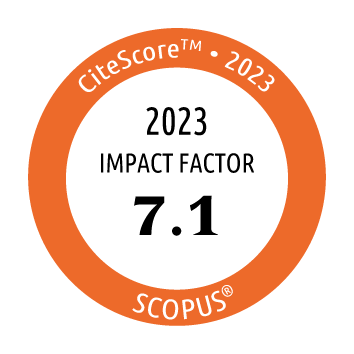Return to content in this issue
Limited Long-Term Impact of Insect Venom Immunotherapy on the Micro-RNA Landscape in Whole Blood
Karpinski P1*, Kahraman M2*, Ludwig N3, Skiba P1, Kosinska M4, Rosiek-Biegus M4, Królewicz E4, Panaszek B4, Nittner-Marszalska M4, Blin N1, Keller A2, Meese E3, Sasiadek MM1
1Department of Genetics, Wroclaw Medical University, Wroclaw, Poland
2Chair for Clinical Bioinformatics, Saarland University, Saarbrücken, Germany
3Institute of Human Genetics, Saarland University, Homburg, Germany
4Department and Clinic of Internal Medicine and Allergology, Wroclaw Medical University, Poland
*Both authors contributed equally to the manuscript.
J Investig Allergol Clin Immunol 2019; Vol 29(3)
: 206-212
doi: 10.18176/jiaci.0303
Objective: To perform a genome-wide characterization of changes in microRNA (miRNA) expression during the course of venom immunotherapy (VIT).
Methods: miRNA was isolated from the whole-blood of 13 allergic patients and 14 controls, who experienced no allergic reaction upon stings by honeybees and wasps. We analyzed 2549 miRNAs from the whole blood of these patients prior to VIT and 12 months after the start of VIT. The results for differential expression obtained on a microarray platform were confirmed by quantitative real-time PCR. Out of the 13 patients, 8 had a negative allergic reaction with VIT, thus indicating that this approach was successful.
Results: By comparing time points before and 12 months after ultrarush VIT, correlation analysis and principal component analysis both indicated a limited effect of VIT on the overall miRNA expression pattern. Volcano plot analysis based on raw P values revealed few deregulated miRNAs, most of which were increasingly expressed after VIT as compared with before VIT. Based on the 50 most altered miRNAs, no clear clustering was observed before or after VIT.
Conclusions: Our results indicate an overall reduced effect of VIT on the miRNA expression pattern in whole blood.
Key words: miRNA, Whole genome, Blood, Expression, Venom immunotherapy




